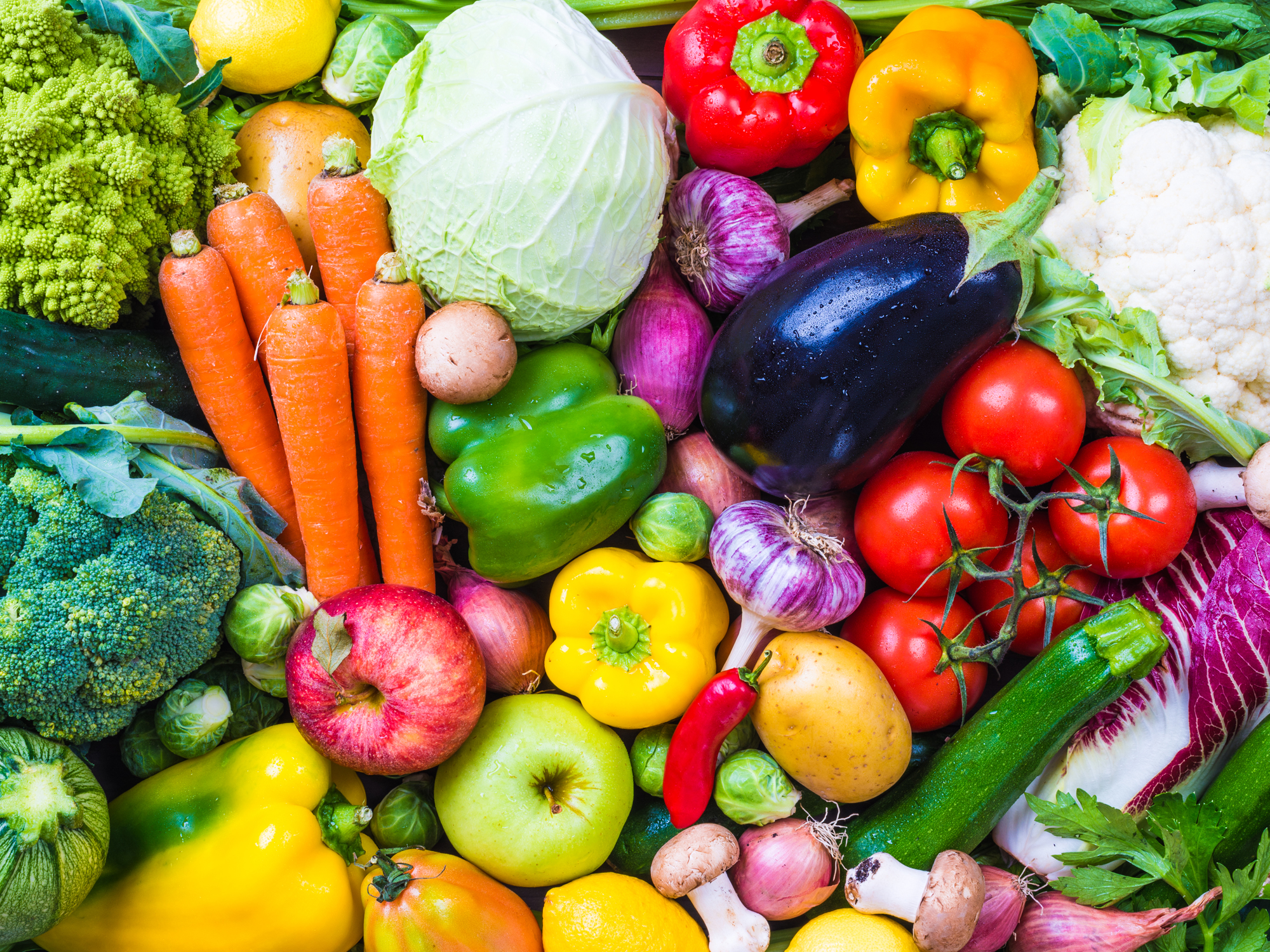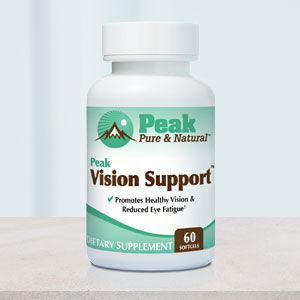Get Easy Health Digest™ in your inbox and don’t miss a thing when you subscribe today. Plus, get the free bonus report, Mother Nature’s Tips, Tricks and Remedies for Cholesterol, Blood Pressure & Blood Sugar as my way of saying welcome to the community!
Carotenoids: Fuel to fire up an older brain

Health experts agree that a colorful diet is a healthy diet, which means you should fill your plate with fruits and vegetables like tomatoes, leafy greens, squash, oranges, strawberries and carrots.
But did you ever wonder why these colorful fruits and vegetables are so good for you?
Well, it’s mostly due to plant compounds called carotenoids. These compounds not only give certain fruits and vegetables their vibrant colors, they also give you vibrant health. They can boost your health by preventing:
- Cancer
- Eye disease
- Cardiovascular disease
- Osteoporosis
And the latest research suggests they do one more amazing thing for your body — boost your brain function. Researchers from the University of Georgia found that higher levels of carotenoids make for a more efficient brain, especially in your golden years.
Carotenoids for better cognition
In their study, researchers tested older adults (between the ages of 65 and 86) for two carotenoids — lutein and zeaxanthin — by looking at their blood samples and retinal levels. After that, they monitored these participants’ brains with an MRI as they completed memory-related exercises. And the MRI scans revealed a remarkable connection between carotenoid levels and brain function…
The brains of people with high carotenoid levels didn’t need to work as hard to complete memory-related tasks. They completed them with efficiency and ease, while the brains of people with lower carotenoid levels worked hard to complete the same tasks. Why?
Well, as you get older, your brain has to work harder to do something that it used to do easily. That’s because your brain begins to deteriorate with age, but it compensates by using more brain power to accomplish the same tasks. It appears, however, that carotenoids keep your brain running smoothly with minimum effort, like it did when you were younger.
Think of it like an older engine in a car that still runs well, but you can feel it’s working a little harder than it should have too. With regular engine care, and a few fuel boosting additives, she’ll run a little easier and go further in the long run.
The ABCs of carotenoids
There are a lot of different carotenoids — like over 600 of them. The most common carotenoids in North American diets are beta-carotene, alpha-carotene, lycopene, lutein and zeaxanthin. In the study, researchers tested for lutein and zeaxanthin, which means those are the two you should focus on if you want a better functioning brain. Luckily, you can find these carotenoids in too many fruits and vegetables to name them all, including:
- Spinach
- Kale
- Turnip greens
- Collards
- Dandelion greens
- Mustard greens
- Summer squash
- Peas
- Winter squash
- Pumpkin
- Brussel sprouts
- Broccoli
- Sweet yellow corn
- Carrots
- Eggs
- Mangoes
- Raspberries
- Blueberries
- Strawberries
There’s no official recommended dosage of lutein and zeaxanthin. But if you eat a variety of vibrant produce you should get enough to keep your brain running smoothly for years to come. And if you’re getting all of your lutein and zeaxanthin from food rather than supplements, there’s no risk of getting too much. So fill your plate with fresh, colorful food and eat until your heart’s content.
Editor’s note: Did you know that when you take your body from acid to alkaline you can boost your energy, lose weight, soothe digestion, avoid illness and achieve wellness? Click here to discover The Alkaline Secret to Ultimate Vitality and revive your life today!
Sources:
-
“Carotenoids.” Oregon State University’s Linus Pauling Institute. http://lpi.oregonstate.edu. Retrieved November 23, 2016.
-
A. Lindbergh, et al. “Relationship of Lutein and Zeaxanthin Levels to Neurocognitive Functioning: An fMRI Study of Older Adults.” Journal of the International Neuropsychological Society, 2016.
-
R. Hammond Jr, et al. “Carotenoids.” Advances in Nutrition. http://advances.nutrition.org. Retrieved November 23, 2016.
-
“Which Vegetables Are High in Carotenoids?” The San Francisco Chronicle. http://healthyeating.sfgate.com. Retrieved November 23, 2016.
-
“Fruits That Have Lutein and Zeaxanthin?” The San Francisco Chronicle. http://healthyeating.sfgate.com. Retrieved November 23, 2016.














